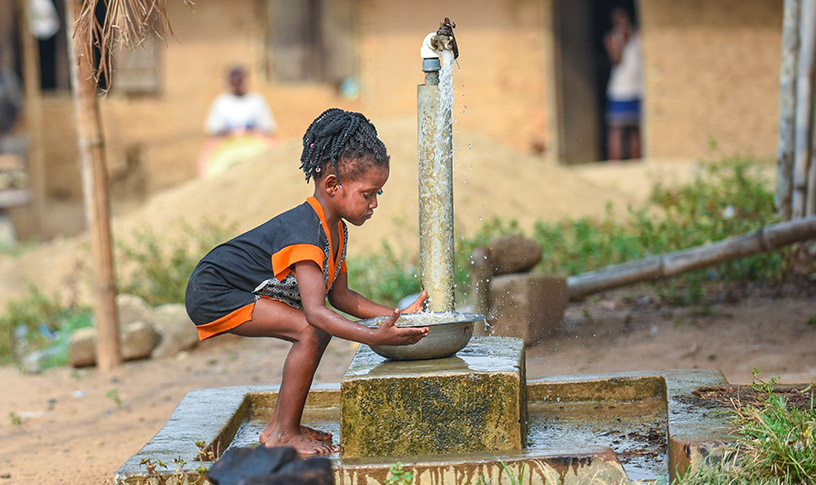There are no products in your shopping cart.
| 0 Items | £0.00 |


WORLD Bank officials have approved a $700m credit for Nigeria to fund the country's Sustainable Urban and Rural Water Supply Sanitation and Hygiene (Surwash) programme aimed at providing drinking water to rural villagers.
Under the scheme funded by the bank’s subsidiary, the International Development Association (IDA) the facility will provide 6m people with basic drinking water services and 1.4m people with access to improved sanitation services. Basically, the programme will deliver improved water sanitation and hygiene services to 2,000 schools and health care facilities and assist 500 communities to achieve open defecation-free status.
These would be implemented as part of the government’s National Action Plan for the revitalisation of water supply, sanitation and the hygiene sector. Specifically, the programme will support the development of infrastructure to improve water supply service delivery, sanitation and hygiene in institutions like schools and healthcare facilities and public places such as markets, motor parks and others.
Shubham Chaudhuri, the World Bank's country director for Nigeria, said: “In 2019, approximately 60m Nigerians were living without access to basic drinking water services, 80m without access to improved sanitation facilities and 167m without access to a basic hand washing facility. In rural areas, 39% of households lack access to at least basic water supply services, while only half have access to improved sanitation and almost a third or 29% practice open defecation."
“Participating states will be able to improve access to safe water, sanitation and hygiene which will help to keep more girls in school, create employment and reduce open defecation. it will also help develop greater resilience to the impact of climate change, as well as conflicts between different land and water users."
Established in 1960, the world Bank's IDA helps the world’s poorest countries by providing grants and low-to-zero-interest loans for projects and programmes that boost economic growth, reduce poverty and improve poor people’s lives. IDA is one of the largest sources of assistance for the world’s 76 poorest countries, 39 of which are in Africa.